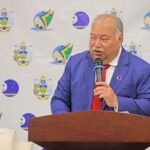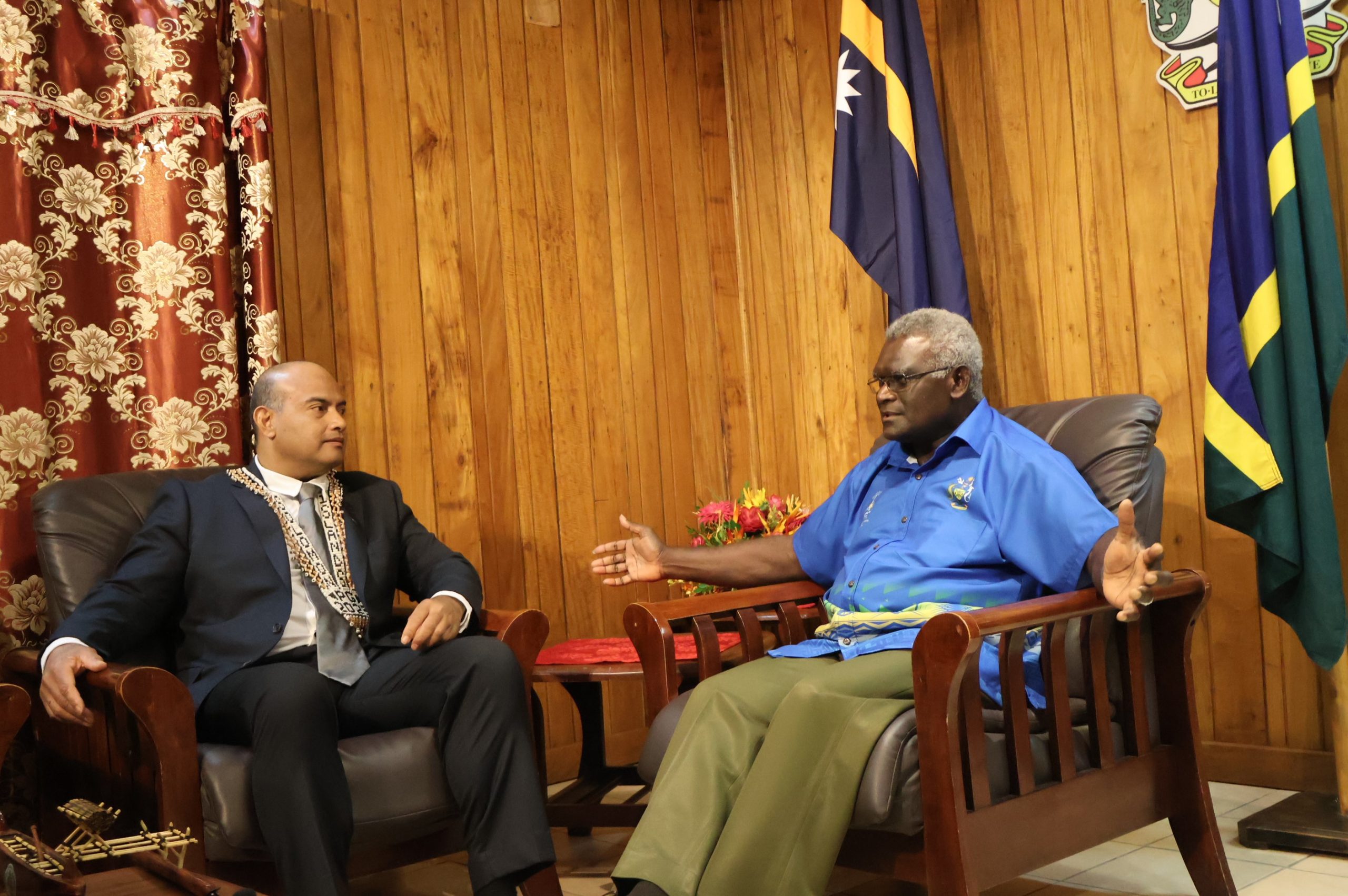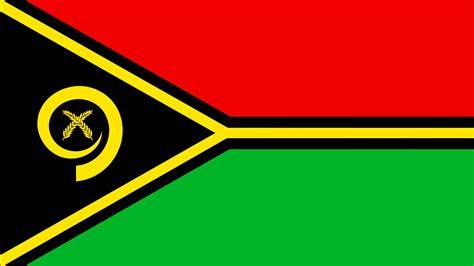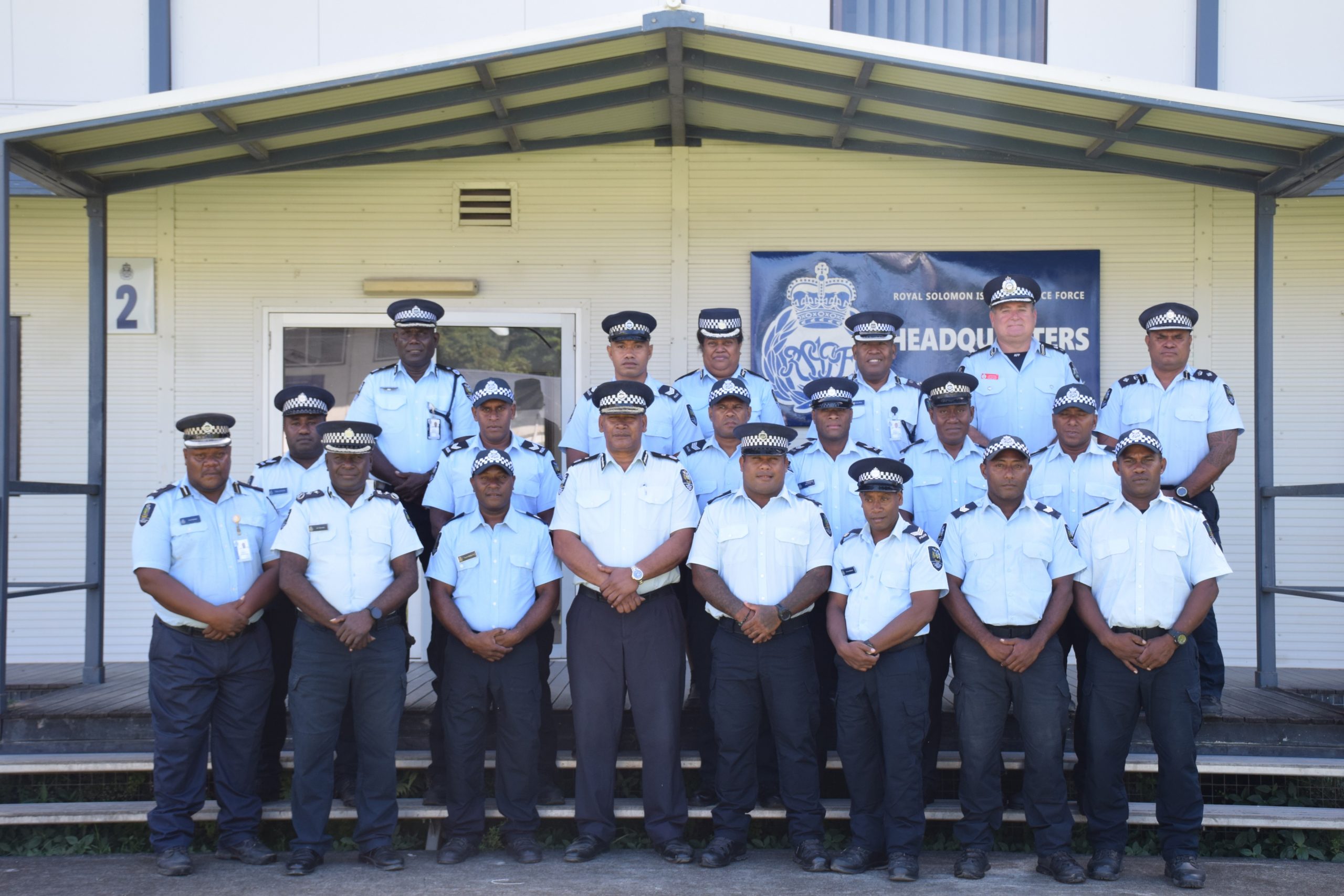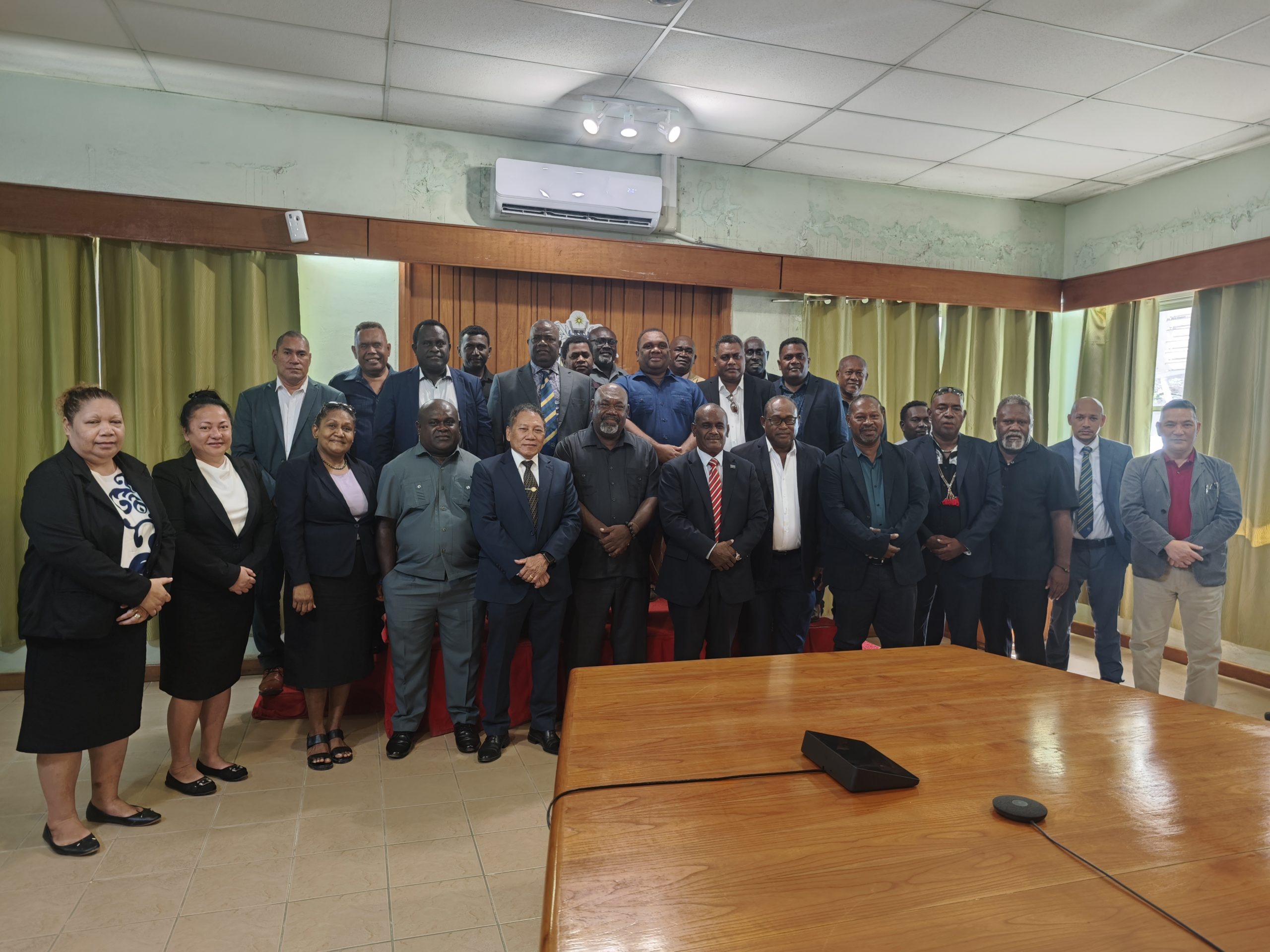PM Hon. M. Sogavare MP and President of Republic of Nauru, H.E David Adeang
PRIME Minister Hon. Manasseh Sogavare MP today welcomed the President of Republic of Nauru, His Excellency Hon. David Adeang who arrived in the country over the weekend to attend the 2023 Pacific Games.
The visiting President paid a courtesy visit on Prime Minister Sogavare and had discussions on areas of interest for both countries and that of the Pacific Islands Forum.
Prime Minister Sogavare personally thank Nauru’s contributions during RAMSI. It played a pivotal role in restoring peace, law, and order to Solomon Islands during a challenging period marked by ethnic tensions.
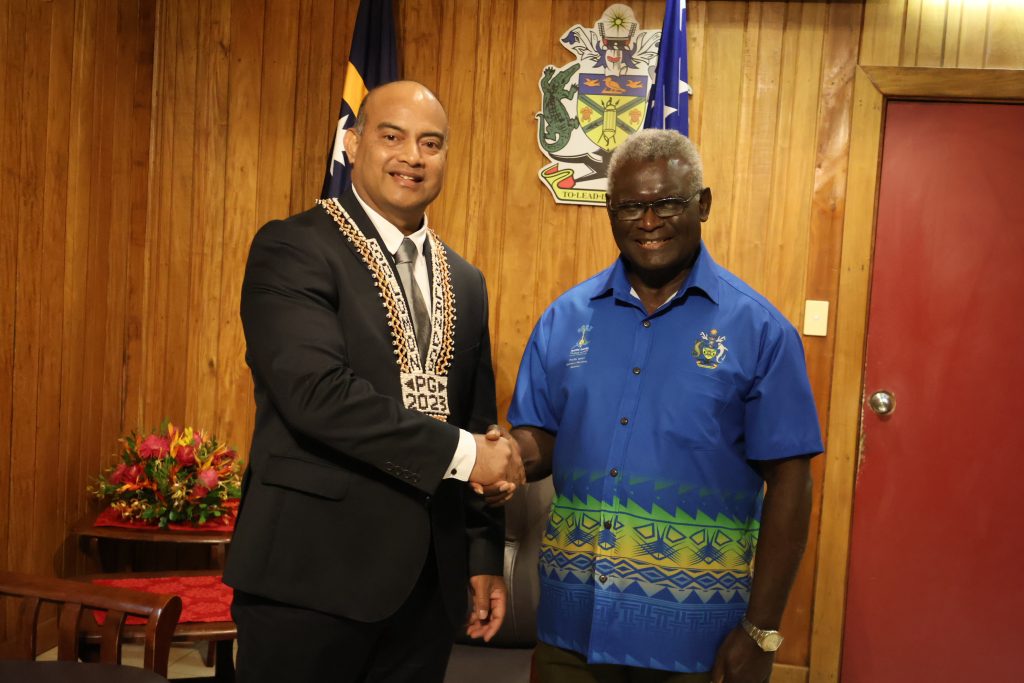
On Aviation sector, Solomon Islands thank the Nauru national carrier Air Nauru for providing their aircraft for charters to fill the void left during maintenance periods of Solomon Airlines’ Airbus 320. Discussions also extended to the possibility of formalising the ASA, a potential area of cooperation for both countries.
Prime Minister Sogavare and PresidentAdeangacknowledge the advantage of having arrangements in promoting education and human development, as well as the exchange of knowledge, ideas and culture through people-to-people exchanges.
Prime Minister Sogavare welcome students from Nauru to enrol and study at the Solomon Islands National University, an offer fully accepted by the President of Nauru.
PM Sogavare acknowledge the former President of Nauru H.E Baron Waqa as the new incoming Secretary General for the Pacific Islands Forum (PIF) in 2024. This is in line with the agreed rotation of leadership amongst the 3 different subregions namely Polynesia, Micronesia, and Melanesia.
Solomon Islands and the Republic of Nauru share a common commitment to regional priorities as members of the Blue Pacific continent and continue to champion and share collective actions in areas of climate change mitigation, sustainable ocean governance, economic development, and the sustainable use of our marine resources.
Prime Minister Sogavare highlights, Pacific Island governments can make regional tuna fisheries economically and ecologically sustainable, by implementing sound fisheries policies in their own jurisdictions and strengthening these through regional cooperative initiatives.
PRESS RELEASE









